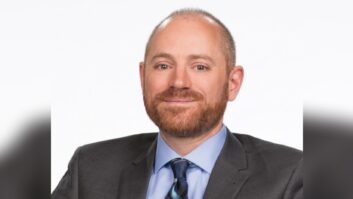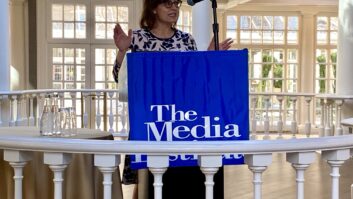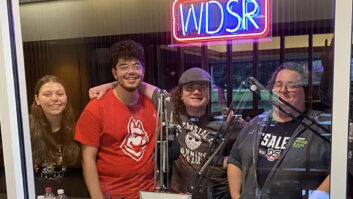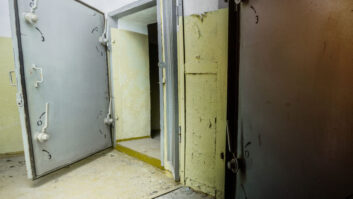Sirius Satellite Radio is trying to calm recent speculation about its future. In a statement, Sirius executives said news articles have played up one aspect of its recent SEC filing out of context, specifically that seeking bankruptcy protection is an option should the company not secure additional funds in 2003. Sirius said the reporting language was routine and does not mean bankruptcy is imminent, as some news reports have speculated.
Sirius said a Reuters report that gave the impression the satcaster was in financial trouble was false.
“We have a tremendous amount of momentum in the marketplace. All of our radio, retailer and automobile manufacturing partners are very excited about our product and the wonderful acceptance it has received by consumers,” said Sirius President/CEO Joe Clayton. “We are making significant progress in solidifying our balance sheet, and I remain extremely confident that we will secure additional financing shortly.”
Sirius said the Quarterly Report Form 10-Q filed with the SEC contained similar language Sirius has used in other SEC filings in the past to explain what could happen under certain circumstances. Sirius has previously disclosed what its cash reserves were, and that it would require additional funding.
In a conference call with analysts and investors on Aug. 13, Sirius indicated its funding requirements and stated that it was seeking additional financing from existing partners, bondholders and other stakeholders. “We are in continuous discussions with our financial sponsors and all of our key debt holders,” said Sirius EVP and CFO John Scelfo. “While an agreement has not yet been reached, all of the parties are working toward the announcement of a transaction that will put our finances in top shape.”
Sirius disclosed that it had approximately $300 million cash on hand, enough to fund activities into the second quarter of 2003, and was looking for ways to extend those cash reserves further into the year through various cost cutting measures.
Sirius Tries to Quell Funding Fears
Sirius Tries to Quell Funding Fears












